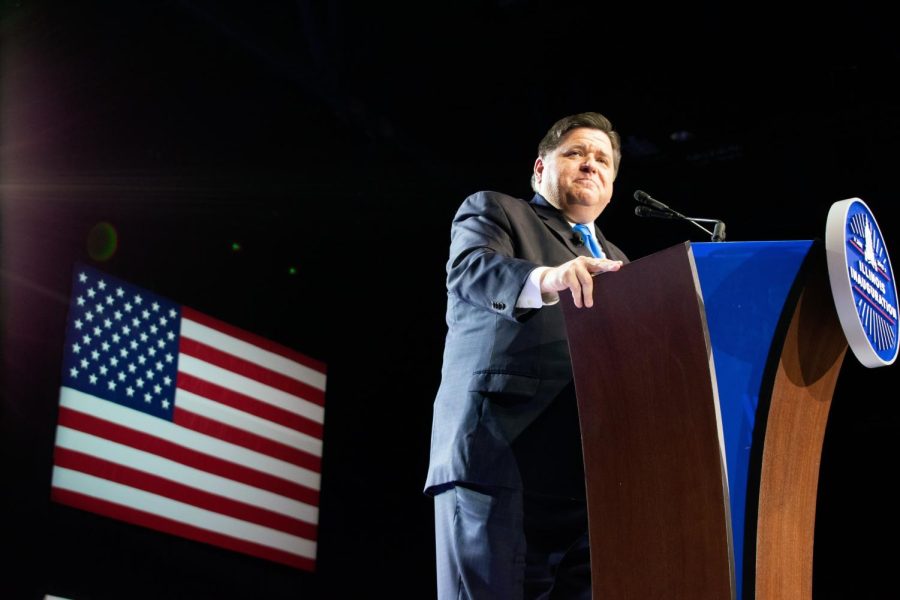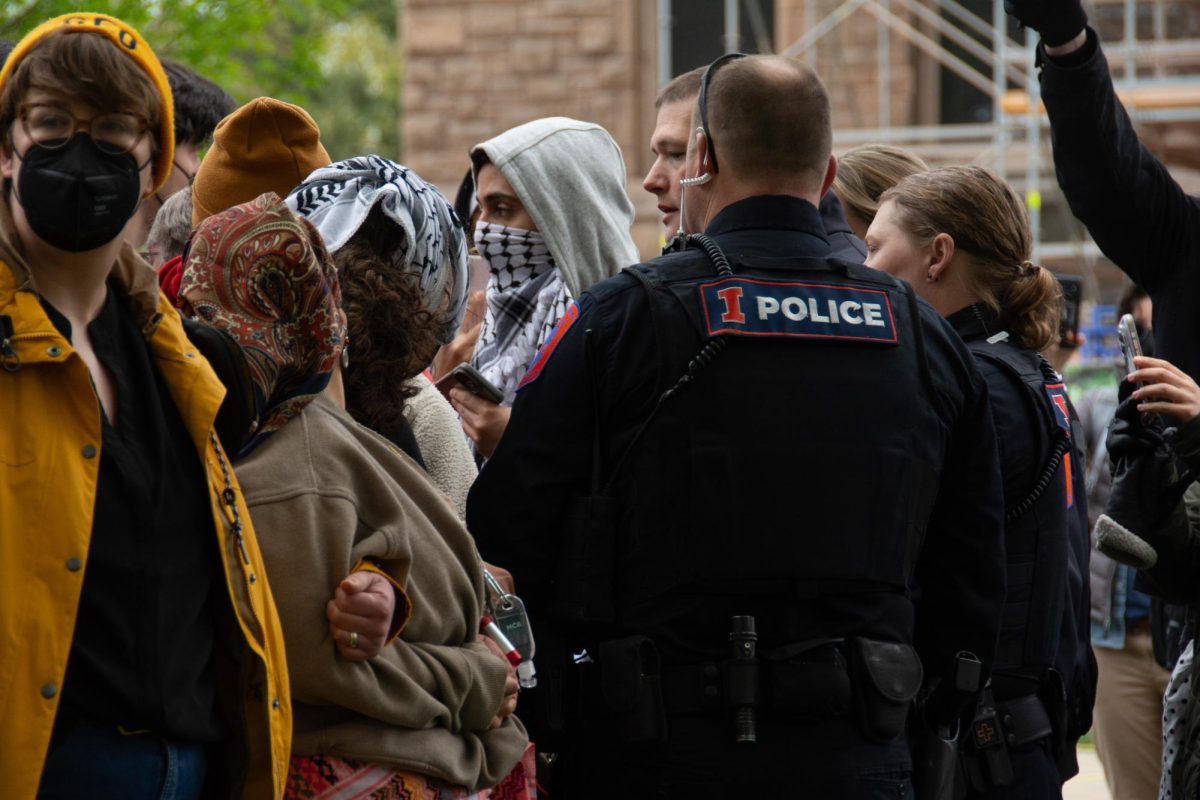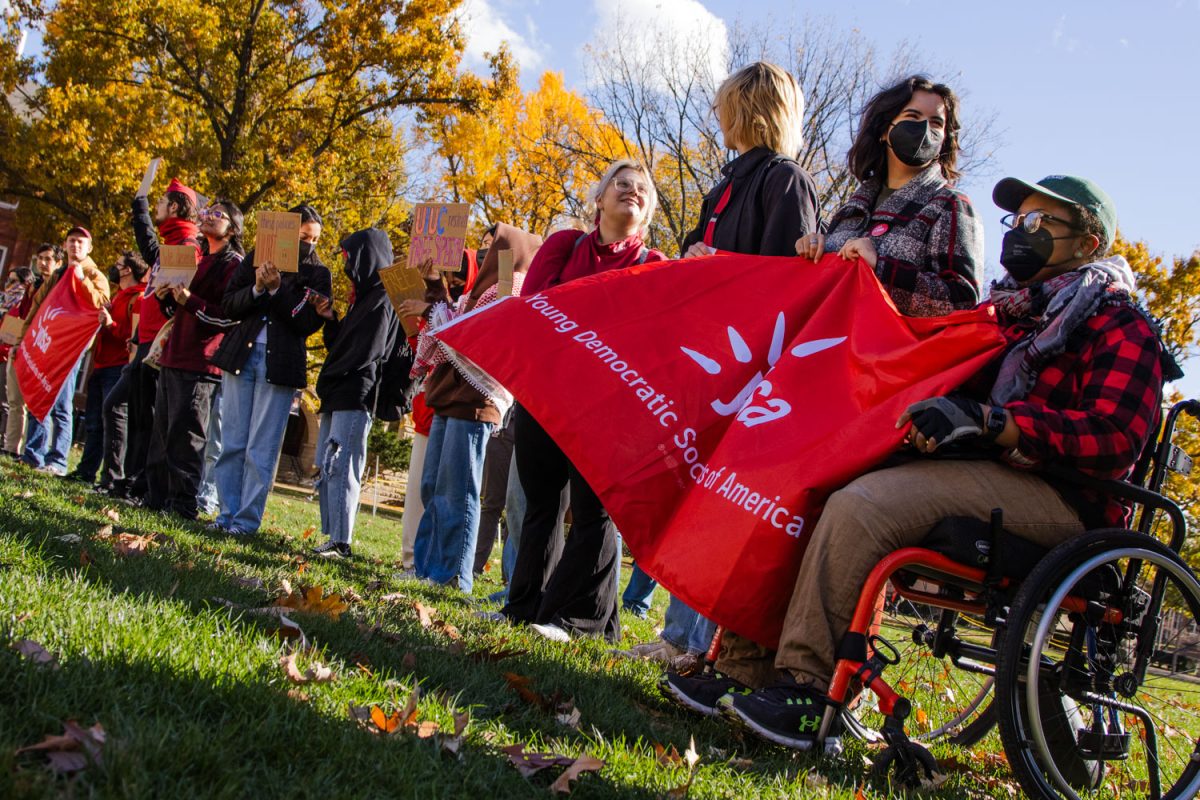The Champaign and Urbana police departments gave out 1,275 underage drinking citations on the University campus in 2009, according to documents acquired by The Daily Illini through the Illinois Freedom of Information Act.
Champaign police wrote 919 alcohol-related citations, which raised $251,710 for the city’s “general fund.” Urbana wrote 356 tickets, raising $33,000 for the city.
Delora Siebrecht of Urbana’s finance department said underage alcohol-related fines accounted for 53 percent of the total notice to appear fines collected in Urbana for fiscal year 2009 and accounted for 0.0008 percent of the city’s overall budget. Champaign’s alcohol-related fines accounted for about a quarter of the municipal fine money for fiscal year 2009 and represents 0.0037 percent of the city’s budget, said Jennifer Johnson of Champaign’s city finance department.
A notice to appear fine is any ticket that allows citizens to appeal the fine in court.
The money generated from these tickets goes into the cities’ general fund, which is a pool of money used to fund the everyday operations of Champaign and Urbana city governments.
Get The Daily Illini in your inbox!
Johnson said the money from alcohol fines and other citations pays for the salaries of all city workers. In Urbana, the money generated from these fines is dispersed into the branches of the city government, Siebrecht said.
“The tickets actually fund the general operations of the city,” she said. “It funds the police department, fire department and public works. Those monies pay for wages, equipment and other things.”
Though the money raised from underage drinking on campus reaches into the hundreds-of-thousands, Champaign Police Sgt. Scott Friedlein said the city’s focus is not to accrue funds from students.
“If the city really wanted to make a lot of money on this, the reality is we could,” he said. “This is about being fiscally responsible and managing the program in a way that the focus is on public safety.”
He said that employing officers when they are policing underage drinking costs the city as much as it generates with fine money.
“When I put a detail on the street to do these bar checks, I can pretty well assure that our cost is not at the level of what we get in return,” he said. “For example, if I arrest 30 people at $310 (a ticket), that’s over $9,000 in fines. I have officers out for four or five hours, and their overtime cost is going to (exceed) that $9,000 mark.”
Siebrecht said that underage alcohol consumption breeds other illegal activity, which brings in additional funds at the expense of students.
“The college campus atmosphere causes a lot of other types of disturbances,” Siebrecht said. “There is fighting, public urination and all types of fines that happen in coordination with students being here.”
Friedlein said not only does the drinking culture on campus generate additional funds for Urbana and Champaign, it has a direct correlation to the crime volumes that occur. The alcohol-related fines in Champaign are relatively high in hopes that they will curb underage drinking and the amount of crime that occurs.
“It’s called a deterrent effect,” he said. “Up until recently, Urbana used to have $135 underage drinking fines. They just raised it to $300. The deterrent effect of $135 does not stop the problem.”
The change in underage possession citations went into effect Nov. 30, 2009, said Phyllis Clark, Urbana’s city clerk.
Though the money generated from students fund operations that mainly benefit the people of Champaign and Urbana and not students, Friedlein said the enforcement of underage drinking has helped students indirectly.
“We did a study over a six-year period of time,” he said. “We focused on the core area where alcohol consumption is most dominant. Once we started an alcohol enforcement program, we saw a 70 percent reduction in violent crimes reported. When we looked at areas where we did not do an alcohol enforcement program, that reduction was only 25 percent.”






